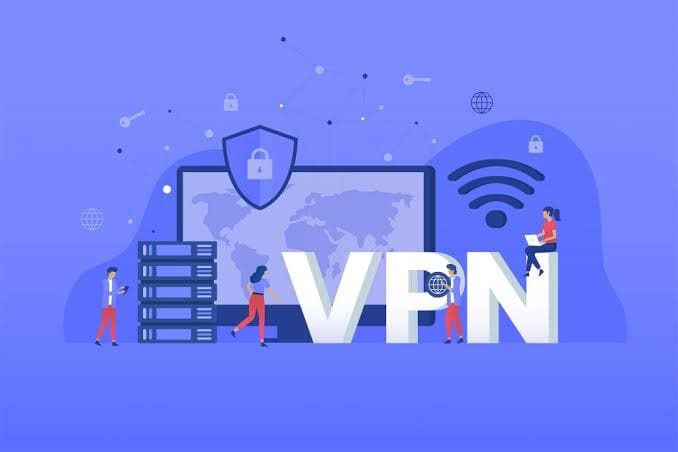Introduction
In this digital age, wherein our lives are intertwined with generations, protecting our digital belongings has emerged as paramount. The increasing incidence of cyber threats and online surveillance requires strong security measures. One effective solution that has gained substantial popularity is Virtual Private Networks (VPNs). In this complete guide, we can explore how privacyonline VPNs can help hack-evidence your life and safeguard your treasured digital property.
Hack-Proof Your Life: How VPNs Can Safeguard Your Digital Assets
The digital panorama is rife with threats, ranging from hackers trying to steal sensitive records to government surveillance companies tracking online activities. To efficiently shield your virtual property, it’s vital to understand the energy of VPNs and the way they could enhance your online presence.
Using a VPN encrypts your website visitors, making it virtually impossible for hackers to intercept or decipher your sensitive facts. Whether you are surfing the net, carrying out online transactions, or getting access to your email, a VPN creates a steady tunnel between your device and the net, ensuring that your information stays confidential and protected.
Additionally, VPNs offer an extra layer of anonymity by masking your IP address. Your genuine place and identity are hidden, making it challenging for everyone to tune into your online activities. By rerouting your internet connection through a server in an extraordinary location, VPNs permit you to browse the web with complete privacy and freedom.
FAQs About VPNs
- What Is the Purpose of a VPN?
- The primary purpose of a VPN is to steady your net connection and shield your online privacy. It achieves this by encrypting your statistics and hiding your IP address, making it difficult for hackers, government groups, or malicious actors to access your online sports.
- Can VPNs Completely Hide Your Online Activity?
- While VPNs can substantially enhance your online privacy, it’s crucial to notice that they no longer offer complete anonymity. While your IP address is hidden, different elements like your browsing habits, internet site logins, and cookies can nevertheless display positive elements of your online activity.
- Are VPNs Legal?
- VPNs are a felony in most nations, even though there may be exceptions. However, it’s crucial to make certain that you observe the laws of your country while using a VPN.
- Can VPNs Protect Against Malware?
- While VPNs generally focus on securing your net connection and protecting your privacy, some VPN offerings provide extra capabilities like malware protection and ad-blocking. However, it is continually advocated to have a robust antivirus solution in place to absolutely guard your tool against malware.
- How Much Does a VPN Cost?
- The value of VPN offerings can vary depending on the issuer and the subscription plan you choose. Prices normally vary from some dollars per month to annual subscriptions. It is beneficial to analyze different VPN vendors and evaluate their functions and pricing before you decide.
- Can VPNs Be Used on Mobile Devices?
- Yes, most VPN carriers offer dedicated apps for mobile devices, including smartphones and tablets. These apps allow you to stabilize your internet connection and shield your privacy at the same time as using mobile statistics or connecting to public Wi-Fi networks.
Conclusion
In a generation where cyber threats are becoming increasingly sophisticated, it is critical to take proactive measures to defend your digital property. VPNs provide an effective solution to guard your online presence, presenting more desirable security, privacy, and access to geo-constrained content. By encrypting your website visitors and hiding your IP address, VPNs create a steady and nameless online environment. So, take control of your digital existence and hack-evidence it with the assistance of VPNs!



































